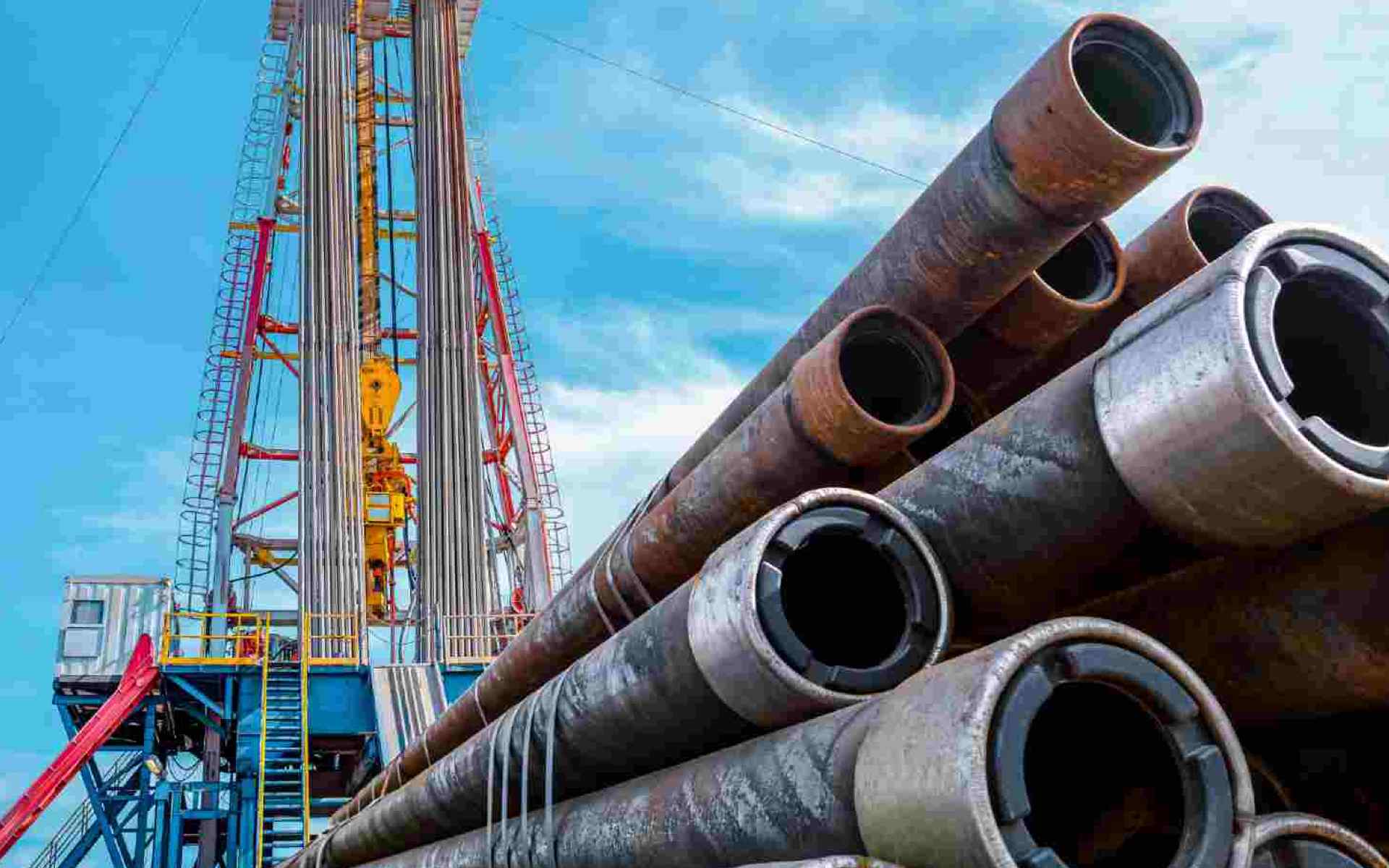

“We will drill, baby, drill, ….We will be a rich nation again, and it is that liquid gold under our feet that will help to do it.”
This is one of the statements by President Donald J. Trump that received an applause and a standing ovation during his inauguration as the 47th President of the United States of America (USA) at the Capital One Arena in Washington, DC. It was a launch pad for renewed hope of a golden era in the oil and gas industry for the USA, and globally. The blizzard of Executive Orders that were subsequently issued are set to impact the future of the oil and gas industry in the USA, its allies, and the over 170 countries that receive foreign assistance from the USA.
Access to Finance for Oil and Gas Projects
It has recently been challenging to secure funding for oil and gas projects from the USA and its allies largely because of the policy, which was against investment in fossil fuels. This made financial institutions shy away from funding oil and gas projects. The shift in the USA Government Policy in favour of oil and gas now means that financial institutions are likely going to support these projects publicly. In addition, the pronouncement by President Trump that the USA policy will now only recognize two genders namely female and male, and that his Administration will stop funding of “diversity, equity, and inclusion” (DEI) activities means the challenges, which many developing nations previously faced because of their opposition to certain aspects of DEI activities are now significantly reduced.
Petroleum Licensing Rounds
The favourable environment for the oil and gas industry created by the US Policy makes the timing now more ideal for conducting Petroleum Licensing Rounds. Petroleum Licensing Roadshows will be very welcome in Texas USA, and subsequently within the territories of most US allies. Uganda’s Minister of Energy and Mineral Development in her new year (2025) press briefing announced that Uganda was planning to hold its third petroleum licensing round in 2025/2026, so the timing is indeed perfect.
Climate Financing for Developing Countries
President Trump also announced the withdrawal of the USA from the 2015 Paris Agreement on climate change, which urges countries to reduce global greenhouse gas emissions. In the recently concluded 29th Climate Change Conference of Parties (COP 29), it was resolved that developing countries would receive $300 billion each year to deal with the impacts of climate change. The withdrawal of the US which has previously been contributing $1 billion annually towards climate financing means a reduction in this funding and its allies could follow suit. This is also likely to weaken the credibility of subsequent COP conferences in terms of attendance and developing countries crying out for unfulfilled financing promises.
Impact on Oil Prices
When announcing the ‘Drill Baby Drill’ policy, President Trump stressed that its intention was to ‘bring prices down, fill our strategic reserves, and export American energy all over the world.” This means increased oil production, which will lead to crude oil prices falling. The oil prices will drop further if the Organisation of Petroleum Exporting Countries (OPEC) deploys its previous tactics of equally increasing production, so as not to lose their market share. Low oil prices are good for the final consumer of petroleum products but not exactly good for oil producers, which Uganda will soon join since this means a dent in their profits.
In conclusion, the blizzard of new policies in the current US administration present a good opportunity for exploration and production of oil and gas. The world needs to embrace this opportunity to meet the energy demand which is growing by over 3% annually since fossil fuels contribute over 80% of the energy used today. Moreover, the oil and gas industry is now, more prepared to deal with associated emissions with over 45 commercial carbon capture and storage facilities in operation to date, with the capacity to absorb more than 50 Mt CO2 annually and additional over 950 more facilities currently under development. The latest carbon capture and storage project is the Northern Lights Project in Norway which was launched in September 2024 and currently has the capacity to store 1.5 Mt CO2 per year, an equivalent of emissions from 750,000 cars
Moses Ekunu
Manager, Office of the Executive Director
Petroleum Authority of Uganda
